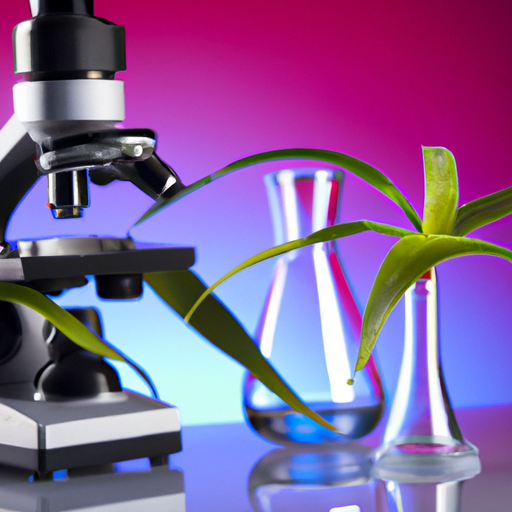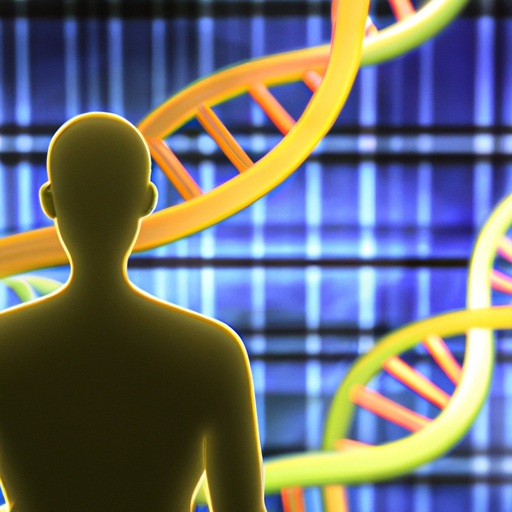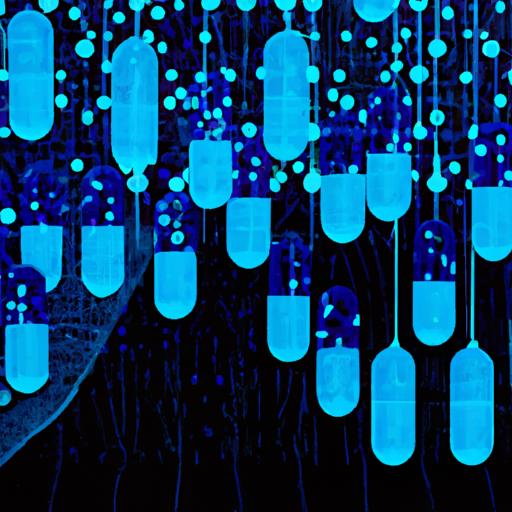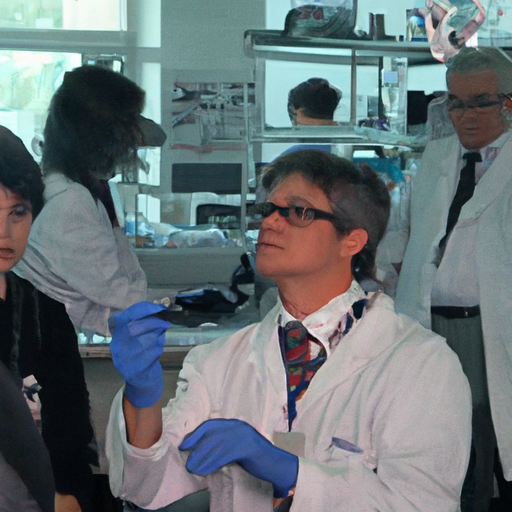Biotechnology is at the forefront of the medical revolution, with groundbreaking innovations transforming how we understand and treat diseases. In recent months, various advancements in genetic engineering and bioinformatics have opened new avenues for the development of novel therapies and pharmaceuticals. This article explores some of the most exciting breakthroughs in the field.
The Rise of Genetic Engineering
One of the most significant advancements in biotechnology has been the application of genetic engineering techniques, such as CRISPR-Cas9. These technologies allow scientists to edit genes with precision, providing new treatments for genetic disorders. In particular, recent clinical trials have shown promise in using gene therapy to treat conditions like sickle cell disease and muscular dystrophy.
Innovative Drug Development
The pharmaceutical industry is rapidly evolving thanks to biotechnological advancements. Researchers are now able to create targeted therapies that minimize side effects and maximize efficacy. For example, monoclonal antibodies are being developed to treat cancers and autoimmune disorders. Companies are also utilizing artificial intelligence and bioinformatics to accelerate drug discovery processes.
Sustainable Biotechnology Solutions
Another exciting area of biotechnology is the development of sustainable solutions that address global challenges. Techniques such as bioremediation and biofuels produced through microbial fermentation are emerging as effective methods for managing waste and reducing carbon emissions. These innovations not only benefit the environment but also promote a circular economy.
Future Prospects
The future of biotechnology looks promising as it continues to advance rapidly. Researchers are exploring the potential of synthetic biology, which involves redesigning organisms for useful purposes, and personalized medicine tailored to individual genetic profiles. As these technologies progress, they hold the potential to revolutionize healthcare, making treatments more effective and accessible.
Conclusion
In summary, the latest breakthroughs in biotechnology are paving the way for transformative changes in medicine and environmental sustainability. As research continues to evolve, the possibilities are limitless, bringing hope to millions who are affected by various health challenges. Stay tuned for more updates as we delve deeper into the fascinating world of biotechnology.







